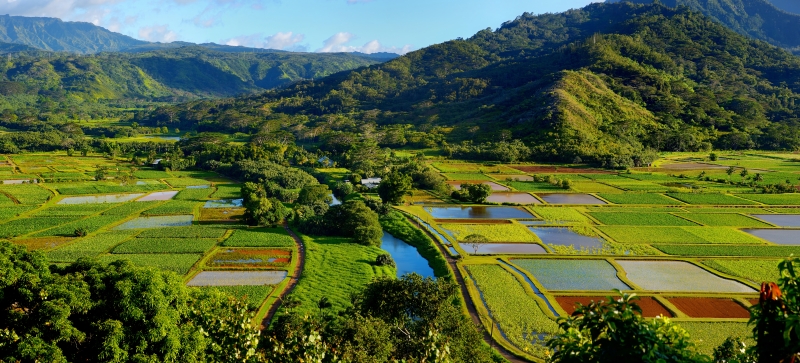The planet is 70% salt water. Only 3% of the world's water is freshwater, and of this, only about 1.5% is accessible. In other words, the rest is locked up in glaciers or in deep aquifers. Agriculture already uses some 70% of the world’s water. So if food production has to increase to feed today’s population (not to mention tomorrow’s), the stress on water resources will only get worse. How will we meet our energy needs? Again, it's about water. How will we eliminate many diseases? Water again.
Water is a finite resource. The same amount of water continuously circulates around the planet in what is known as the water cycle. But it’s not just about supply--how much water there is and how clean it is. Water resources management is about a host of issues such as government policy, financing, allocation, transboundary conflict, and the ecosystem. So... let's talk water.
Water security
Sustainable development will not be achieved without a water secure world (GWP’s vision). A water secure world integrates a concern for the intrinsic value of water with a concern for its use for human survival and well-being.
UN-Water defines water security as “the capacity of a population to safeguard sustainable access to adequate quantities of acceptable quality water for sustaining livelihoods, human wellbeing, and socio-economic development, for ensuring protection against waterborne pollution and water-related disasters, and for preserving ecosystems in a climate of peace and political stability.”
GWP’s strategy describes a water secure world as one which harnesses water's productive power and minimises its destructive force. It is a world where every person has enough safe, affordable water to lead a clean, healthy and productive life. It is a world where communities are protected from floods, droughts, landslides, erosion, and water-borne diseases. Water security promotes environmental protection as well as social justice, and addresses the impacts of poor water management. A water secure world reduces poverty, advances education, and increases living standards. It is a world where there is an improved quality of life for all, especially for the most vulnerable—usually women and children—who benefit most from good water governance.
Water security also means addressing environmental protection and the negative effects of poor management. A water secure world means ending fragmented responsibility for water and integrating water resources management across all sectors – finance, planning, agriculture, energy, tourism, industry, education, and health. An integrated approach to water resources management is at the heart of GWP’s strategy.

